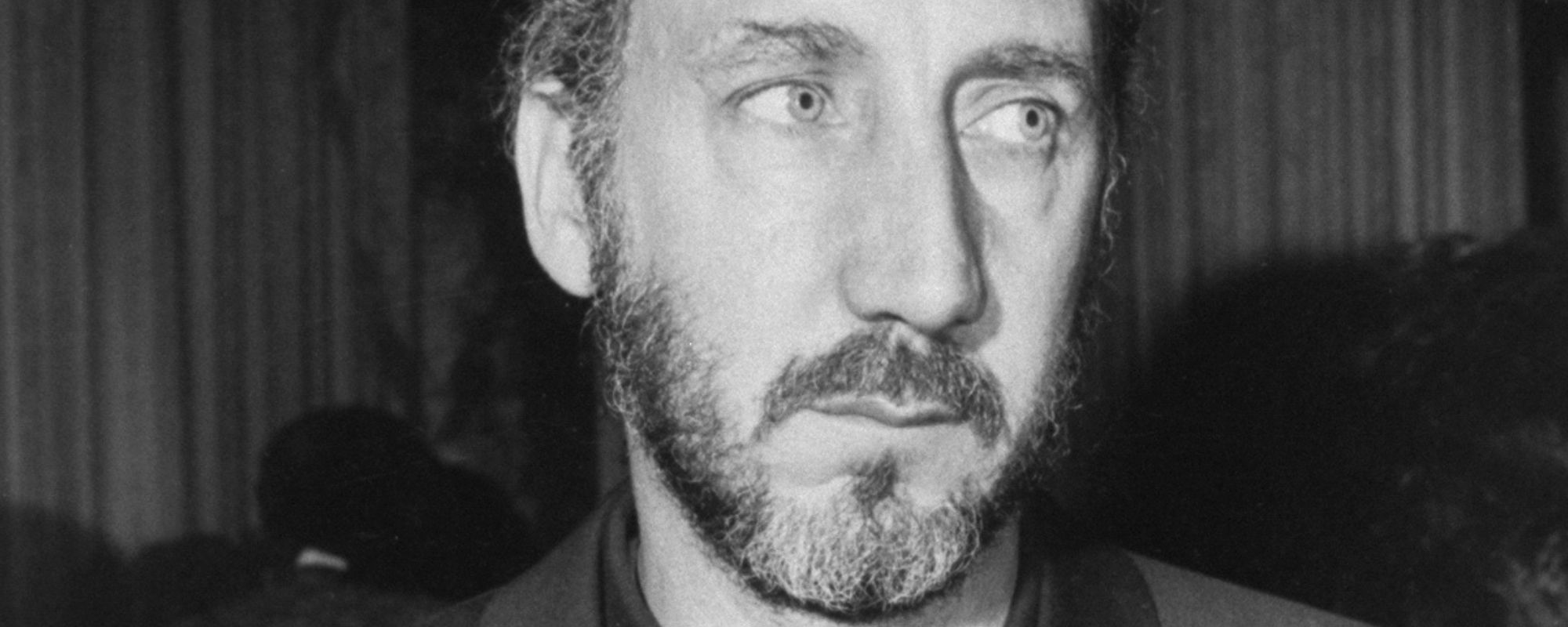That jump into the next decade can trip up a band. R.E.M. had made it through the ‘80s pretty much unscathed, critics fawning over each new release while the public slowly caught up and made the one-time indie darlings into mainstream powerhouses.
Videos by American Songwriter
On Out of Time, the band’s first album of the ‘90s, they took it all to the next level. And they did it all by trying to sound as little like themselves as possible.
Time Passages
In 1988, R.E.M. released the album Green, which found them beefing up their sound to great effect. Where they had formerly been categorized as jangle rock, the band turned up the muscle on songs like “The One I Love” and “Orange Crush.” It gave them more of a widespread footing in their audience base and had people anxiously awaiting their next move.
They’d have to wait a bit, as the hiatus between Green and its follow-up in 1991 was the longest the band had yet endured. As Mike Mills, Peter Buck, and Bill Berry set about creating the music that would eventually be adorned by Michael Stipe’s lyrics, all involved thought about the process in novel ways.
For the instrumentalists, it was all about backing off the harder edges of Green and finding new ways into the music. That meant switching things up in terms of what instruments they’d be playing. The approach paid off in a big way when Bill Berry’s idle mandolin noodling formed the basis for what would become “Losing My Religion.”
As for Stipe, he had developed a reputation as an irreverent songwriter whose opaque lyrics often hinted at social and political issues. When he heard the new music, which often came encased in a somewhat softer glow, it led him to take his lyrics more toward the personal than ever before.
R.E.M. also invited special guests to help them round out the sound. Kate Pierson of The B-52s came aboard for guest vocals on a couple of tracks, and KRS-One brought hip-hop vibes to “Radio Song.” Out of Time was released in March 1991, and it propelled the band to elite status in the rock world.
Revisiting the Music of Out of Time
The perception of Out of Time, at the time, was that R.E.M. had purposely adjusted their sound for the mainstream. But that was mostly based on an assessment of the singles. “Losing My Religion” is blameless, as that became popular simply because it’s a stellar song. But certainly “Radio Song” could have been viewed as a piggyback on the hot music of the day, while the cloying “Shiny Happy People” was always an odd choice to release wide, even though it turned out to be a success.
There’s a disconnect between those songs and the rest of the album, which is sometimes weird, often lushly melodic, and thanks to the new bend in Stipe’s lyrics, vulnerable and approachable in ways the band’s music had never been. These songs dare you to dive deep into their nooks and crannies.
Few other albums could go from the avant-garde brooding of “Low” to the unabashed tunefulness of “Near Wide Happen.” Side Two presents a wonderful variety of highlights, including the affecting spoken-word piece “Belong,” the chugging “Texarkana,” eloquently sad pieces like “Half a World Away” and “Country Feedback,” and the defiant closer “Me in Honey.”
People who yelled “sellout” at the time clearly weren’t listening to those tracks. R.E.M. chose the name Out of Time because they actually did run out of time to come up with a good name for the record. While time might have escaped them, the aural evidence makes clear they certainly were full of wondrous musical ideas.
Photo by Michel Linssen/Redferns













Leave a Reply
Only members can comment. Become a member. Already a member? Log in.